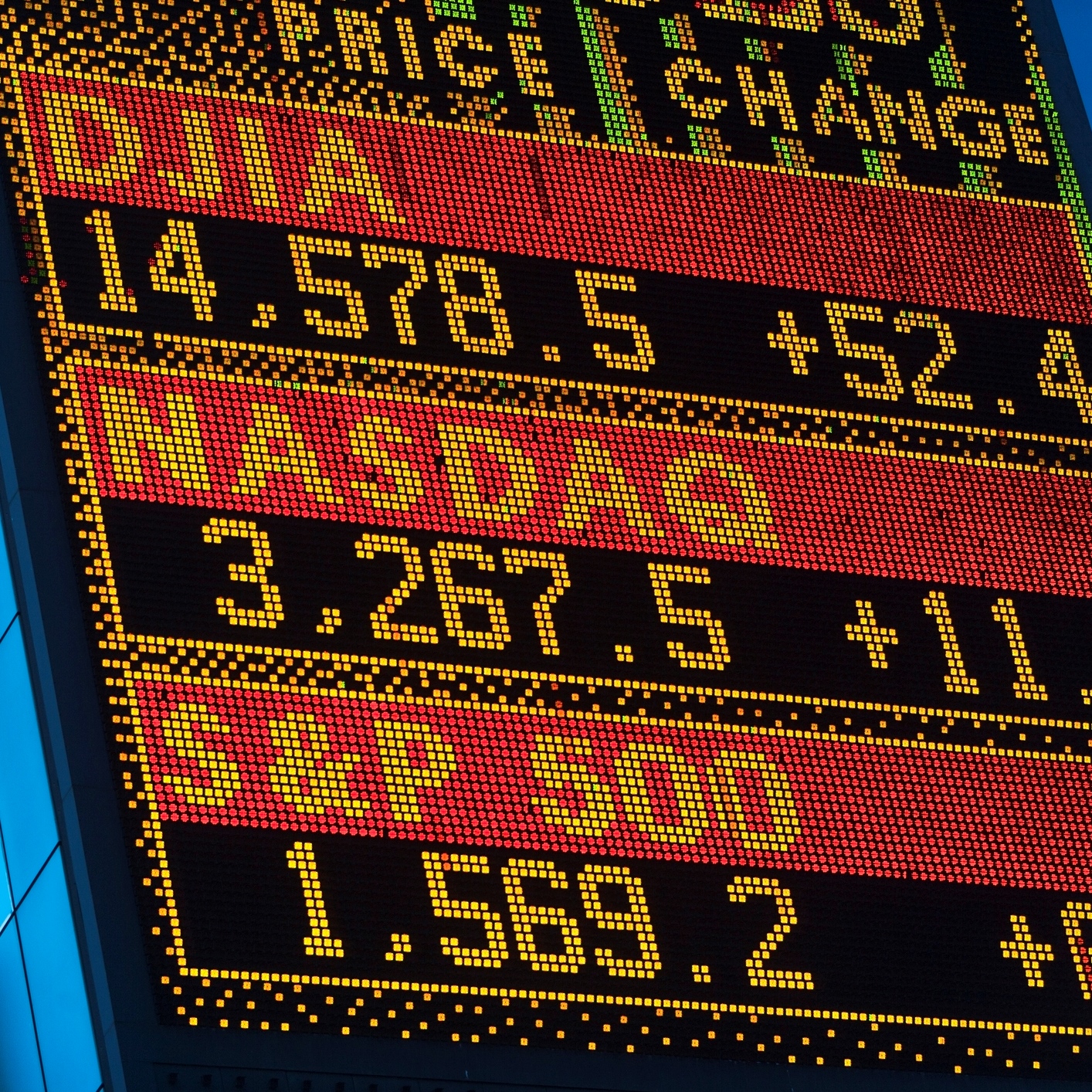Investing
Thursday's Biggest Winners and Losers in the S&P 500

Published:
Last Updated:

August 10, 2017: The S&P 500 closed down 1.4% at 2,438.28. The DJIA closed down 0.9% at 21,849.62. Separately, the Nasdaq closed down over 2% at 6,216.87.
Thursday was probably the worst day of trading that the broad markets have seen all year with all major U.S. indices falling. This drop comes on the developing story between the U.S. and North Korea and speculation surrounding whether there will be war. Crude oil briefly touched $50 in the session but pulled back quickly to a sizeable loss on the day. Gold was fairly positive but this is common with international politics the way they are. As for the S&P 500, all of its sectors were negative on the day, with the exception of utilities.
Crude oil was last seen down about 2% at $48.52 after barely touching the $50 price level.
Gold was up 0.9% at $1,290.80.
The S&P 500 stock posting the largest daily percentage loss ahead of the close Thursday was Macy’s, Inc. (NYSE: M) which traded down over 10% at $20.60. The stock’s 52-week range is $20.55 to $45.41. Volume was over 38 million versus the daily average of 9.6 million shares.
The stock posting the largest daily percentage gain in the S&P 500 ahead of the close Thursday was Darden Restaurants, Inc. (NYSE: DRI) which rose 1.6% to $82.60. The stock’s 52-week range is $60.16 to $95.22. Volume was nearly 2 million compared to its average volume of 1.5 million.
A financial advisor can help you understand the advantages and disadvantages of investment properties. Finding a qualified financial advisor doesn’t have to be hard. SmartAsset’s free tool matches you with up to three financial advisors who serve your area, and you can interview your advisor matches at no cost to decide which one is right for you. If you’re ready to find an advisor who can help you achieve your financial goals, get started now.
Investing in real estate can diversify your portfolio. But expanding your horizons may add additional costs. If you’re an investor looking to minimize expenses, consider checking out online brokerages. They often offer low investment fees, helping you maximize your profit.
Thank you for reading! Have some feedback for us?
Contact the 24/7 Wall St. editorial team.